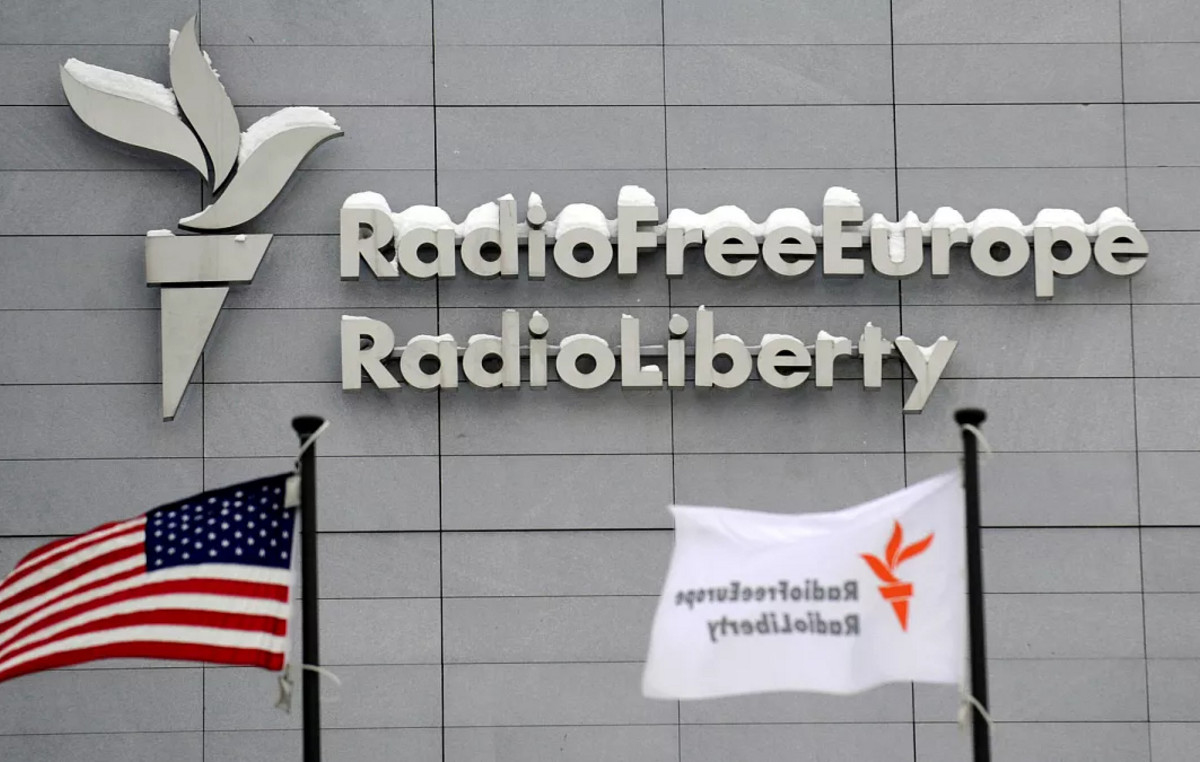After the election definitions, the market’s eyes are now turned to the country’s fiscal and tax scenario. A document released by BofA (Bank of America) says that if the government invests in a credible fiscal anchor and in a good proposal for tax reform in the first half of the year, the Brazilian currency should have a solid performance in 2023 and a better performance than the of other emerging currencies.
The bank, which reiterates the projection of the dollar at R$ 5.20 at the end of this year, assessed that the Brazilian real had a good performance in 2022, when it surpassed most other countries in the world (both in terms of spot return and total), despite the electoral uncertainty. “While policy concerns remain latent, high domestic interest rates, combined with expectations of China’s reopening, could benefit the real,” he highlights.
In the view of Gustavo Cruz, chief strategist at RB Investimentos, the dollar could become even lower, reaching up to R$ 5.00 at the end of 2023. “Tax reform is one reason. It will unlock long-term growth, removing bureaucracy and reducing the number of processes you need to pay taxes. This is interesting to attract companies and will be very well received by the market and by foreign investors”.
Regarding the fiscal anchor, Cruz says that the government must deliver something more fragile and difficult to fulfill, which could prevent an even greater fall of the dollar against the real.
Regarding the actions that would contribute to the real having a positive performance, the economist points to the defense of a greater commercial opening — highlighted by Lula in Uruguay — and to go after the Mercosur agreement with the European Union. “Furthermore, Lula also defended closer commercial ties with China”, he says.
“Not changing laws that worked, moving forward with tax reform and increasing trade openness, contributes to the exchange rate appreciating. But, a major element that will play in favor of the real is that the United States should stop raising interest rates this year”, points out Cruz.
According to Lucas de Aragão, partner at Arko Advice and master in Political Science, for Brazil to have an appreciated currency, the government needs to “do its homework”. “Finance Minister Fernando Haddad must have legitimacy and political strength to advance good ideas. In my conversations with American investors, the perception was that the minister’s opening remarks, at the beginning of this government and in Davos, were well received”.
The expert highlighted that Haddad’s speeches were rational, pragmatic and reinforced to give the Ministry of Finance an importance of the fiscal scenario. “At the very least, over the next few months, investors want to see greater alignment between the country’s political forces. And that involves Lula’s figure in relation to indebtedness and spending”.
For him, at this moment, the market wants a fiscal anchor that has a spending limit and that also gives predictability in relation to debt/GDP (Gross Domestic Product) of the country.
“If that doesn’t happen, the cost of investing in Brazil will increase, the interest will be longer and the risk premium will increase. The Ministry of Finance is showing signs that it understands this and knows the importance of a spending rule. And this vision has been adopted in the same way by the Palace”, says Aragão.
Tax reform
Along with balance adjustments and a new fiscal rule, the government should present a tax reform in the first half of 2023 – by April, according to Haddad. According to the BofA report, the first step of the reform would be focused on consumption taxes.
“The idea is to take advantage of the bills that are already being processed in Congress, probably PEC 45/2019 (authored by the Special Secretary for Tax Reform, Bernard Appy) and PEC 110/2019 (originated in the Senate). Both proposals aim to unify consumption taxes into one Brazilian VAT,” he points out.
The bank believes the lack of consensus delayed a vote on tax reform last year, so the debate is likely to continue into 2023.
The Arko Advice partner believes in the approval of the tax reform, however, he says it will take time. “I don’t see a tax reform along the lines of the Social Security reform, which was voted on in one day. It will be approved in phases, but I think the idea of simplifying taxes is maturing, of eventually taxing profits and dividends in the future”.
However, this is accompanied by some reduction or improvement in the business environment, adds Aragão. “Brazil today has a more concrete design for discussing tax reform. Governors are more open to the conversation, but it will be long, slow discussions.”
Source: CNN Brasil
I am an experienced journalist, writer, and editor with a passion for finance and business news. I have been working in the journalism field for over 6 years, covering a variety of topics from finance to technology. As an author at World Stock Market, I specialize in finance business-related topics.







